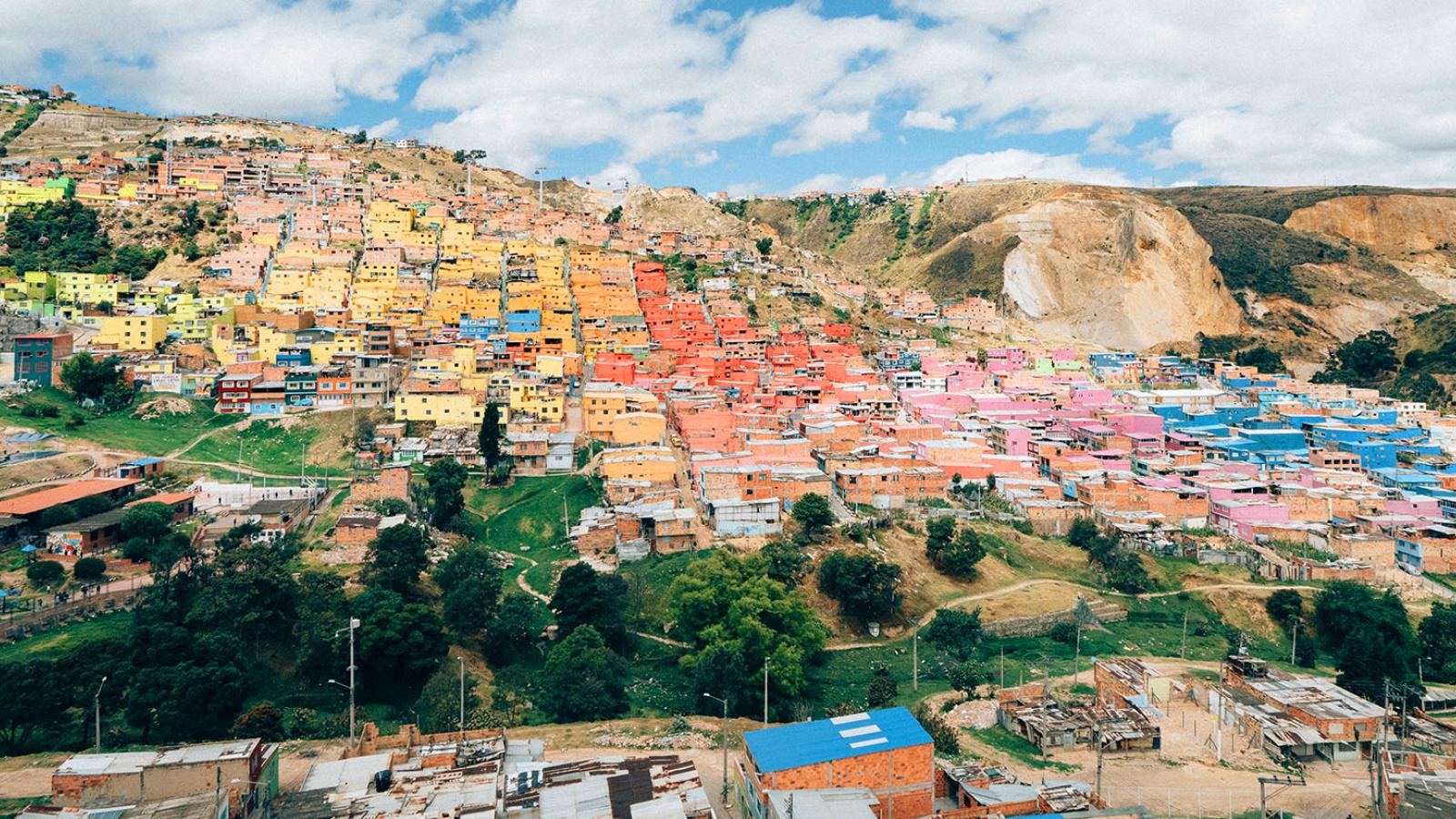Today’s students face new demands from prospective employers. In a shift from historical trends, an undergraduate degree must now include professional, on-the job experience as an expected part of training and study. Graduates with internship experience convey a greater level of knowledge, maturity, and potential. And if you’re interested in a career in public service, internships are particularly important to realize your dream.
To meet the new challenges of a globalized world, Pace’s Latin American Studies Program launched LAS 201, “Latin America, the Caribbean and the World.” A hybrid which combines the classroom with a professional internship, LAS 201 includes interdisciplinary study of History, Economics, Political Science, and Sociology, and utilizes equal parts theory and field practice. The classroom segment is organized around contemporary themes such as trade globalization, sustainable economic development, environmental abuse and women’s issues. Students are placed “in the driver’s seat,” leading seminar-style discussions. Moreover, every class member is assigned a public service internship in a New York agency working on Latin American or Caribbean questions.
What type of internships can I pursue?
Working closely with diplomatic, cultural and trade organizations, the LAS Program offers an exciting array of internship options. What all have in common is that they utilize New York’s unique status as international capital of Latin cultural, economic and political life. For those planning a career in international trade, management or diplomacy, we have listings in diplomatic and trade consulates. For students planning a career in theater, filmmaking or writing, our internships include a Latin/Caribbean experimental theater and two NGOs whose cultural programming includes events on cinema, literature and theater.
For those interested in plastic arts and ethnic culture, LAS 201’s venues include a museum focusing on Latino/Latin American art and ethnic customs. And for students considering journalism, professional scholarship or teaching, our options include one UN-affiliated NGO which works on Third World development issues, and another which publishes a high quality newsletter on regional politics and social issues. If you are interested in press agency or cultural promotion, our listings include two organizations which organize events featuring noted political, literary and cultural figures.
How are the two elements of the course combined?
As with our travel/service learning offerings, in the seminar/internship course we make use of the innovative approach of civic engagement. Each week, members of the class reflect about how the internship has enhanced their understanding of course themes. Often, they express satisfaction in helping others. Those working in foreign consulates, for instance, develop keen perspectives on the character of Latin/Caribbean economic underdevelopment. Our interns at the Argentine Consulate-General have assisted programs promoting that country’s wine, honey and fine leather industries. Interns at Peru’s consulate-general have aided efforts to locate and repatriate plundered Inca artifacts precious to that nation’s heritage. A Nursing student interned at a health agency for undocumented Caribbean immigrants and enhanced her knowledge of Community Nursing. Course requirements include a research paper based on materials provided by the agency. Past reports have focused on themes as diverse as the art of Frida Kahlo, the writings of Pulitzer prize-winning Dominican author Juno Diaz, South America’s MERCOSUR economic pact, sustainable development in the Amazon, Venezuela’s petroleum industry, and Colombia’s prospects for peace and economic revival.
